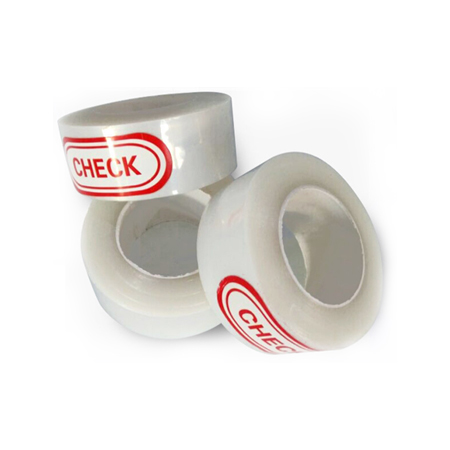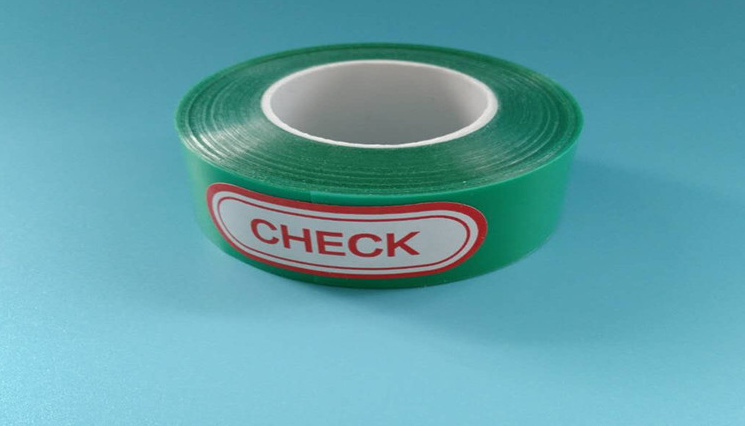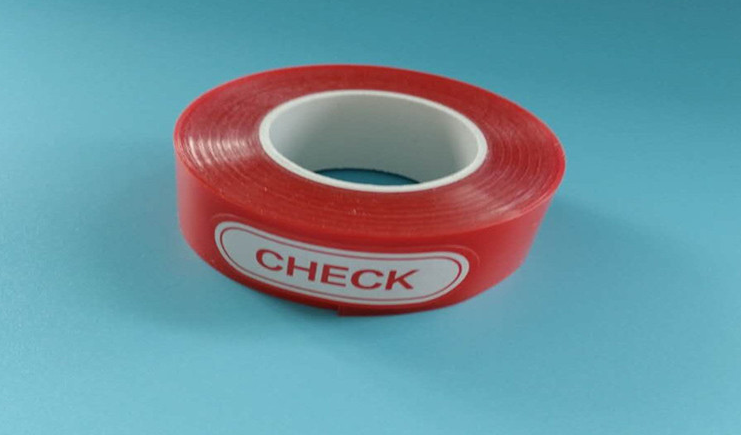Specification: 0.1*25*20000mm
Color: transparent red yellow green black
Shrinking temperature: 125℃
Temperature resistance control: -55℃→105℃
Longitudinal shrinkage: ≥30%.
The heat-shrinkable film uses polyolefin as the main raw material. The product has a heat-shrinking function after being stretched by irradiation. It can be melted with the covered object when heated during use. The product has good electrical insulation, sealing, waterproofing, and Moisture-proof effect.
Product Features:
It has good physical, chemical and electrical properties. Insulation damage repair of high-voltage cables should be wrapped and then contracted. Good insulation strength.
Application range:
It is mainly used for repairing damaged parts in the production process of cross-linked cables below 110kv, as well as the insulation materials of power cable joints for installation lines and increased winding insulation, submarine cables, submersible motor main insulation layers, and repairing cable ends and intermediate connections and some heat Where the shrink tube is not easy to operate. Repair damaged cable insulation and skin.
How to use: Wrap the heat shrinkable film around the cable and insulation layer that needs insulation treatment. The winding should not be too loose or excessively stretched. After being wound to the required thickness, it is heat-shrinked to make it tightly bound to the covered object. It can be used after natural cooling.

 中
中

 中
中
 Product
Product


















